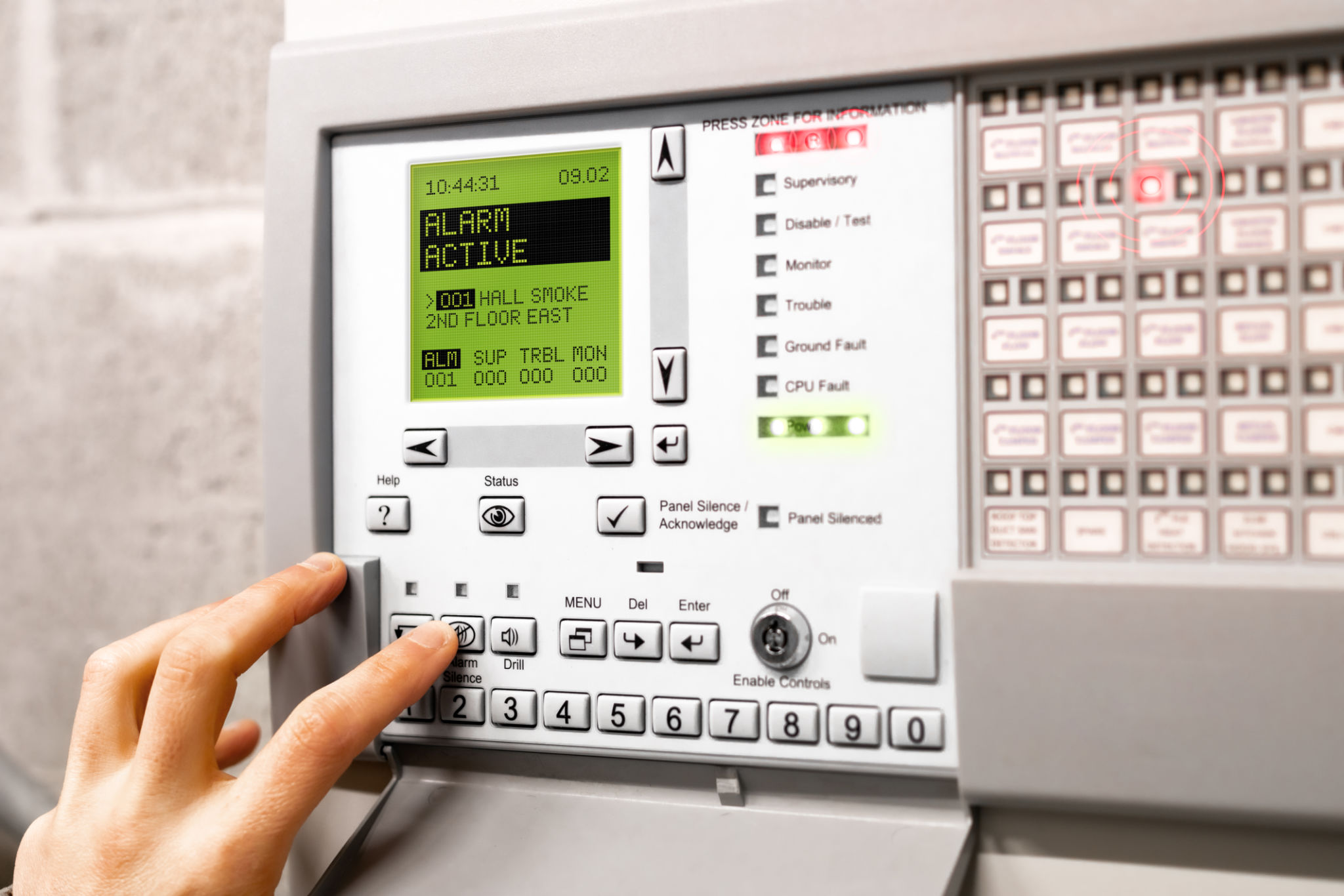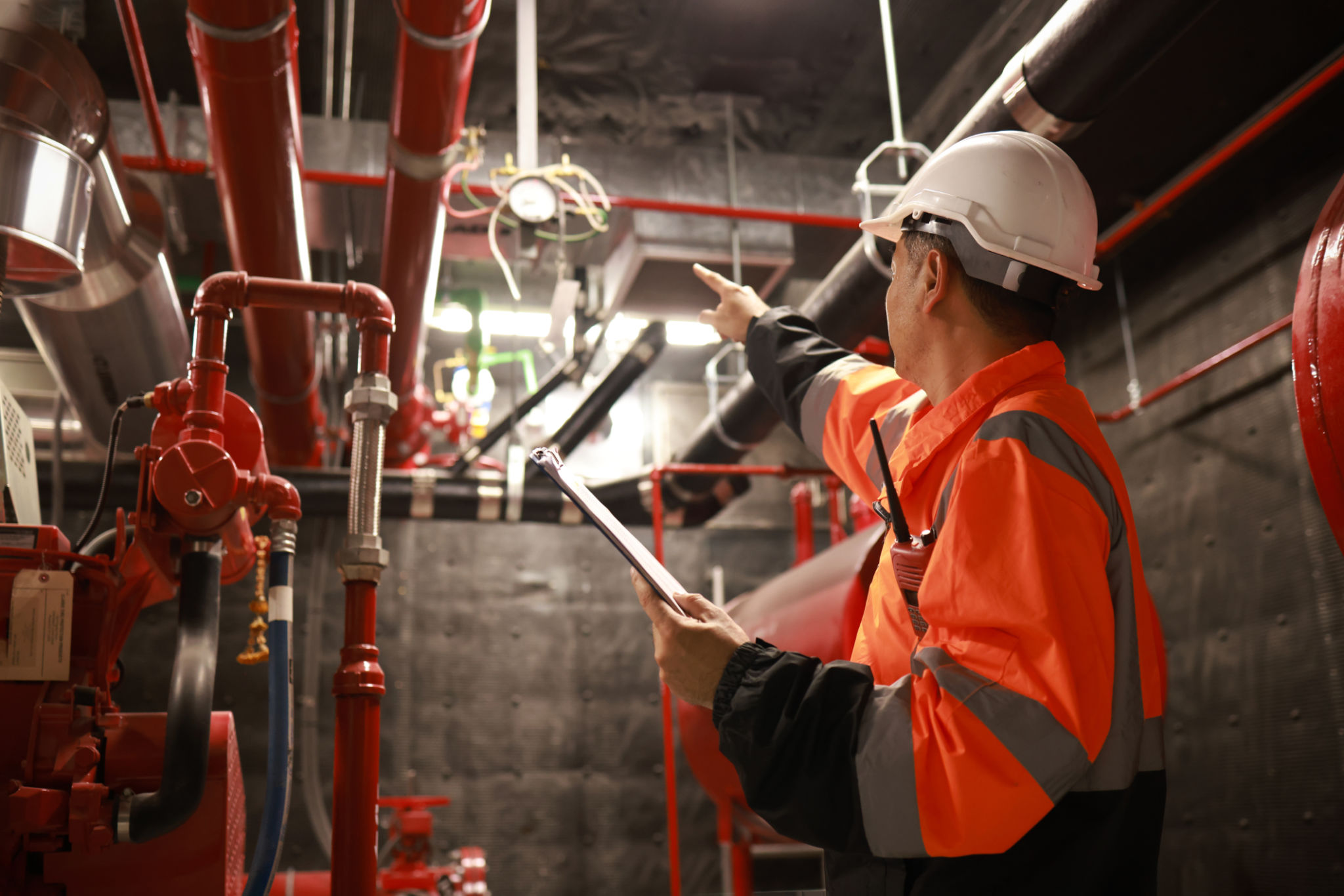Top Fire Detection Systems for Large Spaces: A Buying Guide
Understanding Fire Detection Systems
Fire detection systems are crucial for ensuring safety in large spaces, such as warehouses, industrial facilities, and commercial buildings. These systems are designed to detect fire at the earliest stage and alert occupants to evacuate or take necessary actions. Choosing the right fire detection system can be a complex decision, as it depends on various factors such as the size of the space, types of fire hazards, and specific building requirements.

Types of Fire Detection Systems
There are several types of fire detection systems available, each with its own set of features and benefits. The most common types include:
- Smoke Detectors: These devices detect smoke particles in the air and are best suited for detecting slow-burning fires.
- Heat Detectors: Ideal for environments where smoke detectors might trigger false alarms, these devices detect changes in temperature.
- Flame Detectors: These sensors detect the presence of flames and are often used in high-risk areas such as chemical plants.
Factors to Consider When Choosing a Fire Detection System
When selecting a fire detection system for large spaces, it's important to consider several factors to ensure optimal protection. Key considerations include:
- Coverage Area: Ensure that the system can adequately cover all areas of the space, including hard-to-reach zones.
- Sensitivity and Response Time: The system should be sensitive enough to detect fires quickly while minimizing false alarms.
- Integration with Other Systems: Consider whether the fire detection system can integrate with existing security or building management systems.

Technological Advancements in Fire Detection
Recent advancements in technology have significantly improved fire detection systems. Modern systems often incorporate features such as wireless connectivity, remote monitoring, and advanced analytics. These innovations allow for quicker response times and enhanced safety measures in large spaces.
Wireless fire detection systems are particularly beneficial for large spaces as they offer flexibility in installation and scalability. Additionally, remote monitoring capabilities enable facility managers to receive real-time alerts and monitor system status from any location.
Maintenance and Compliance
Regular maintenance is essential to ensure that fire detection systems function effectively. This includes routine testing, cleaning, and inspection of all components. Moreover, compliance with local regulations and industry standards is crucial to avoid legal issues and ensure the safety of occupants.

Cost Considerations
The cost of a fire detection system for large spaces can vary widely based on the type of system, the complexity of installation, and additional features. While it's important to consider budget constraints, investing in a reliable and comprehensive system is crucial for long-term safety and protection.
Many manufacturers offer customizable solutions tailored to specific needs, which can be a cost-effective way to achieve optimal coverage without overextending your budget.
Conclusion
Choosing the right fire detection system for large spaces is vital for ensuring safety and compliance. By understanding the different types of systems available, considering key factors, and staying updated on technological advancements, facility managers can make informed decisions that best suit their specific needs. Regular maintenance and adherence to compliance standards further enhance the effectiveness of these systems, providing peace of mind for all occupants.
